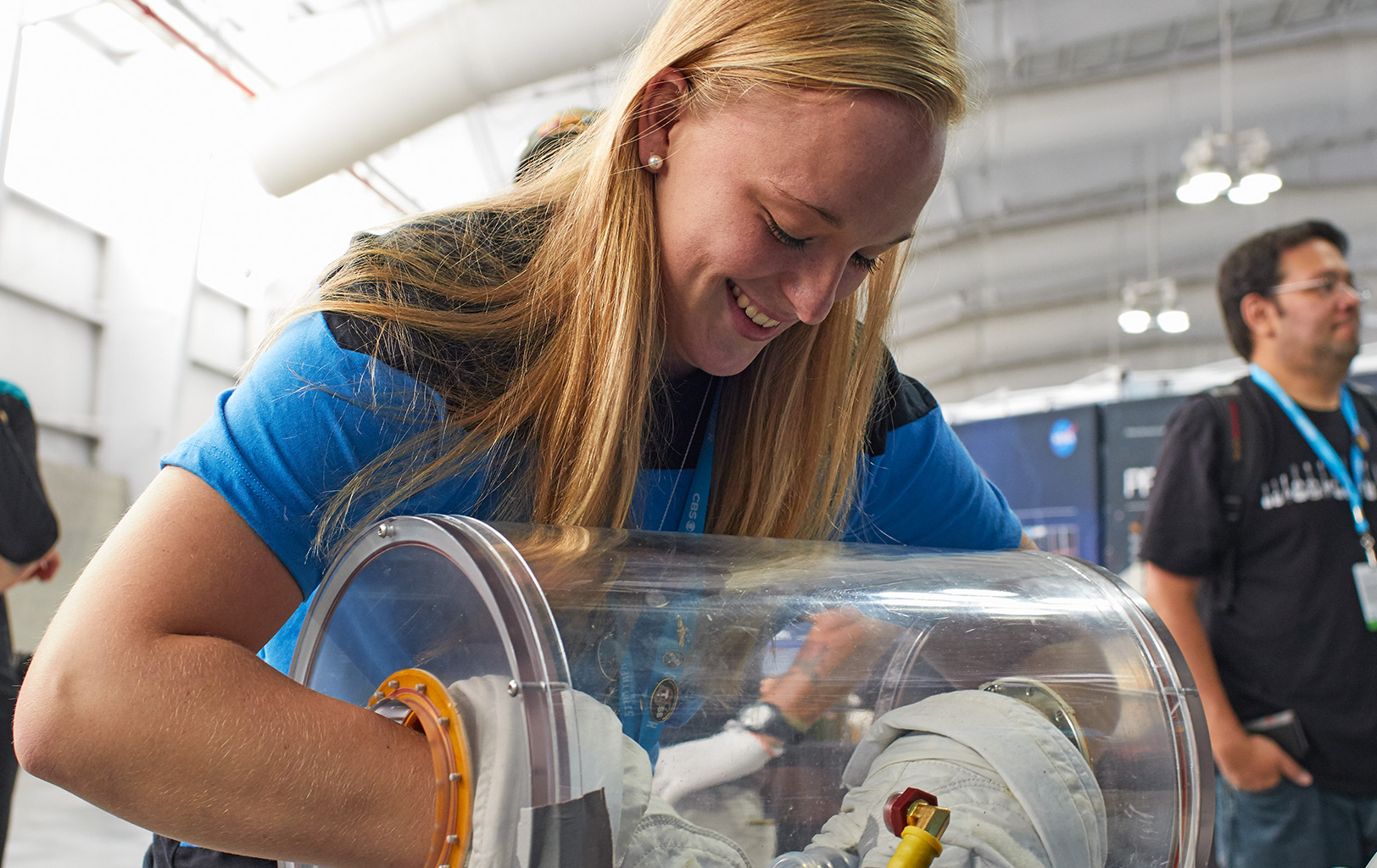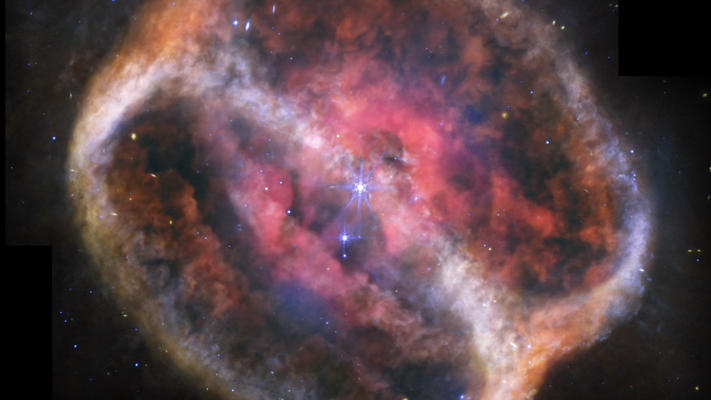A Luxury Hotel in Space? Aurora Station Promises VR and Wi-Fi, If It Gets Off Earth
Ever dreamed of vacationing in space? Aurora Station, a luxury space hotel, promises virtual reality and Wi-Fi for travelers in low Earth orbit — but we'll have to wait and see if the station really flies.
A space technology startup called Orion Span recently announced plans for its Aurora Station, expecting to launch in 2021 and begin hosting tourists by 2022. Visitors aboard Aurora Station would be able to enjoy Wi-Fi, weightlessness, a virtual reality experience on the holodeck and an authentic astronaut experience.
"We developed Aurora Station to provide a turnkey destination in space," Frank Bunger, chief executive officer and founder of Orion Span, said in a statement. "Our goal is to make space accessible to all by continuing to drive greater value at lower cost." [Aurora Station: A Luxury Space Hotel in Pictures]
A trip to Aurora Station will start at $9.5 million, which is quite a bit less than the estimated $20 million to $40 million private citizens paid for trips to the& International Space Station between 2001 and 2009.
Luxurious amenities

Aurora Station would host six people at a time, including two crewmembers and four guests, for a 12-day stay in space, the startup said. The station would soar 200 miles (320 kilometers) above the Earth's surface, in low Earth orbit, completing one trip around the planet every 90 minutes. This means that guests would experience an average of 16 sunrises and sunsets every day and have the chance to fly above their hometowns. They would also have the opportunity to see the northern and southern auroras from the station's windows.
In addition to the spectacular views of Earth and space, Orion Span has said that travelers would experience zero gravity and be able to fly freely throughout the station. They would also have access to a unique virtual reality experience in the station's holodeck and would participate in research experiments such as growing food while in orbit — which they would be able to take home with them as a souvenir.
Further, the experiments conducted aboard the Aurora Station would provide knowledge that "directly contributes to humanity's destiny in the stars," Orion Span has said. "For example, the art of self-sustaining space colonies growing food on their own will be replicated far and wide on future moon and Mars colonies, and beyond."
Get the Space.com Newsletter
Breaking space news, the latest updates on rocket launches, skywatching events and more!
Guests would also be able to also stay in touch or livestream with loved ones on Earth using the station's high-speed, wireless internet. Upon returning to Earth, they would be greeted with a specially arranged hero's welcome, according to the statement.
Astronaut training experience
Before traveling to the Aurora Station, guests would participate in a three-month Orion Span Astronaut Certification (OSAC) program to prepare for their stay in space.
"Orion Span has additionally taken what was historically a 24-month training regimen to prepare travelers to visit a space station and streamlined it to three months, at a fraction of the cost," Bunger said in the statement.
During the OSAC, travelers would learn the basics of spaceflight and orbital mechanics, practice living in a weightlessness environment, and complete other training activities. Guests would complete the first part of the certification program online or using the OSAC app, which is expected to be released in 2019, Orion Span has said.
Three months prior to traveling to the Aurora Station, guests would complete the second phase of training in-person at Orion Span's state-of-the-art facility in Houston. There, they would gain a successful understanding of spacecraft systems and other contingency training, the startup said. The third and final training module would be completed during a traveler's stay on the Aurora Station.
Orion Span is now accepting reservations for future stays on the Aurora Station. The $80,000 deposit is fully refundable and allows you to secure a spot on the waitlist, company representatives said.
Space condos
In addition to offering once-in-a-lifetime opportunities to visit space, Orion Span plans to later sell dedicated modules of the Aurora Station as the world's first condominiums in space. Due to the station's unique architecture, modules can be added in-orbit, the startup said.
"Our architecture is such that we can easily add capacity, enabling us to grow with market demand like a city growing skyward on Earth," Bunger said in the statement. "Future Aurora owners can live in, visit or sublease their space condo. This is an exciting frontier, and Orion Span is proud to pave the way."
Follow Samantha Mathewson @Sam_Ashley13. Follow us @Spacedotcom, Facebook and Google+. Original article on Space.com.
Join our Space Forums to keep talking space on the latest missions, night sky and more! And if you have a news tip, correction or comment, let us know at: community@space.com.

Samantha Mathewson joined Space.com as an intern in the summer of 2016. She received a B.A. in Journalism and Environmental Science at the University of New Haven, in Connecticut. Previously, her work has been published in Nature World News. When not writing or reading about science, Samantha enjoys traveling to new places and taking photos! You can follow her on Twitter @Sam_Ashley13.









